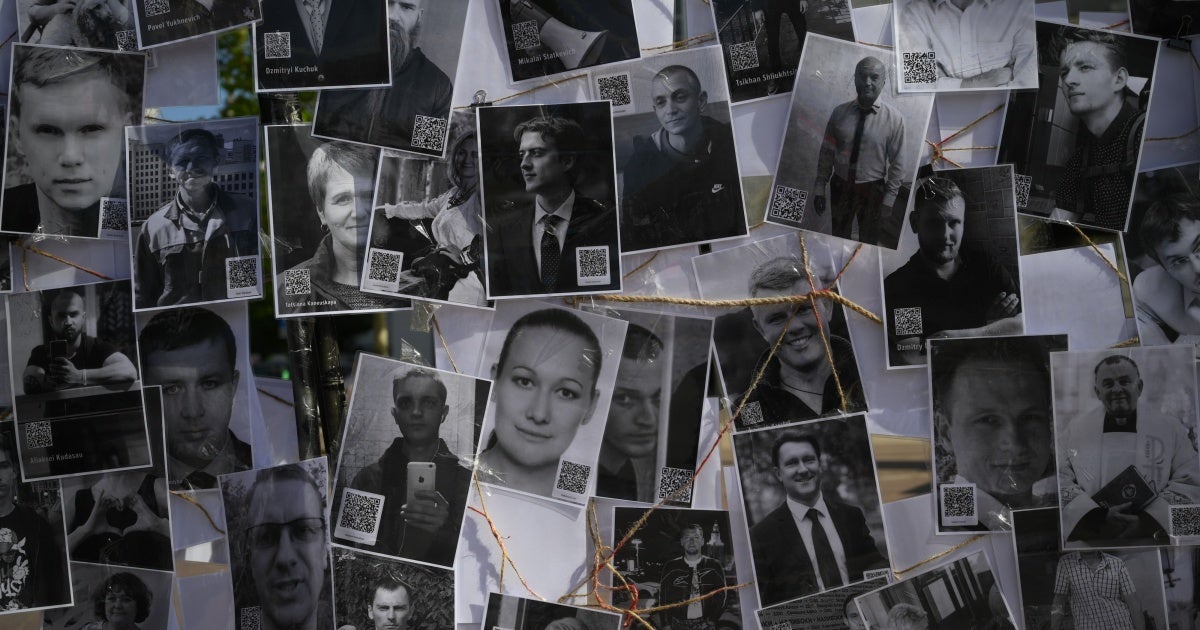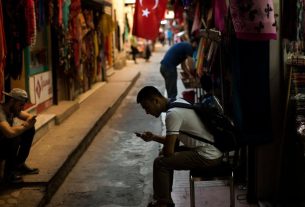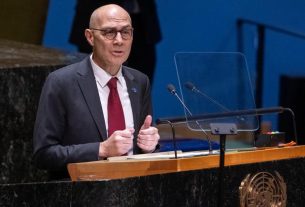Between July and September 2024, Aliaksandr Lukashenka signed four presidential decrees pardoning some of those convicted for “protest-related” and “extremism-related” crimes. As a result, authorities released 115 prisoners. Many of those who “repented” their crimes when seeking a pardon were forced to do so with threats and physical violence.
Despite these recent releases, the extreme crackdown on civil society continues ahead of Belarus’ presidential election. At least 1,330 people remain behind bars on politically motivated charges. Viasna, a leading Belarusian rights group, reported that 170 were sentenced on politically motivated charges in July alone and 146 more were similarly sentenced in June. In August, Viasna reported at least 152 cases of politically motivated prosecutions.
Viasna’s own head, Ales Bialiatski, has celebrated yet another birthday behind bars—his fourth in a row—on bogus charges in reprisal for his human rights work.
Behind every political prisoner released is a tragic story of time unjustly wasted in prison for simply participating in peaceful protests, criticizing the government, or expressing support for Ukraine. Some have struggled with serious health conditions, like a brain tumor or leukemia, behind bars. All have faced systematic ill-treatment.
Some do not make it out of Belarusian prisons alive. Over the past year, three political prisoners died behind bars due to the lack of timely and adequate medical care. At least 231 people are reported to be at higher risk of health complications and death due to their health conditions.
Presenting their first update to the United Nations Human Rights Council in Geneva this week, the recently established UN Group of Independent Experts on the Human Rights Situation in Belarus raised concern over “government measures of repression and intimidation” aimed at supressing dissent, highlighting Lukashenka’s government’s “near-total destruction of civic space and fundamental freedoms in Belarus.” They reported “a pattern of instrumentalization of the judicial system to suppress dissent” and a “pervasive climate of fear” instilled by the government.
In reporting back to the Human Rights Council, the Group of Experts reiterated its important role “to investigate the human rights situation in Belarus and to collect information for accountability purposes, including through universal and extra-territorial jurisdiction.”
Ensuring accountability for the serious rights violations experienced by political prisoners in Belarus is vital. Governments should use all tools at their disposal to pursue justice, including based on the evidence collected by the Group of Experts.



